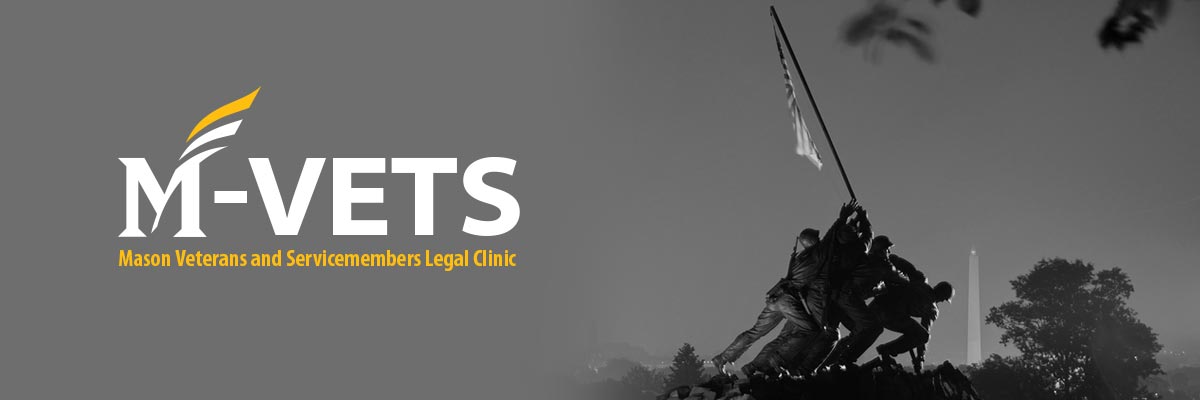By M-VETS Student Advisor Fall 2016
Over the past year, President Obama has signed two Executive Orders amending the Manual for Courts-Martial (Executive Orders 13730 and 13740). Additionally, on November 29, 2016, the Joint Service Committee announced modifications to the 2017 Manual for Courts-Martial.[1] While the 2016 amendments and proposed 2017 amendments cover a wide array of military legal matters, one continuing theme addressed throughout all of these changes concern limitations to defense counsel assistance, which adversely affect an accused’s right to a fair trial.
This post examines one particular Executive Order, Order 13730, and the substantial changes it created to the Manual for Courts-Martial. The Order, implemented on May 20, 2016, implemented numerous changes, which adversely affect an accused during court martial proceedings. In addition to a greater emphasis on the accuser’s protections and preference, this Order has now altered the corroboration requirement, the exclusionary rule, witness hearsay statements, and failure to state a claim motion.
Listed below are the changes, which are relevant to Military Defense Counsel and the accused:
Mil. R. Evid. 304(c) was rewritten to clarify that not every element of a confession or admission must be independently proven to be admitted into evidence. This Order further altered the admissibility of an accused’s admission or confession. Under the corroboration requirement, an accused’s statements will be admitted provided independent evidence established the trustworthiness of the admission or confession. This significantly changed the previous corroboration requirement rule, which strictly required independent evidence to corroborate “the essential facts admitted to justify sufficiently an inference of their truth”.[2] “This change brings military practice in line with federal practice”.
The exclusionary rule under Mil. R. Evid. 311(a) was altered through this Order. While the previous rule prevented unlawfully searched and seized evidence from being admitted into trial if Defense Counsel made a timely objective and had an adequate privacy interest[3], this Order added a third requirement of “appreciable deterrence of future unlawful searches or seizures and the benefits of such deterrence outweigh the costs to the justice system”. By imposing a third requirement on Defense Counsel, this Order prevents illegally obtained evidence from being automatically excluded from trial.
Also amended to reflect that the exclusionary rule does not apply where an “official acts in objectively reasonable reliance on a statute that was later held to violate the Fourth Amendment”.
Marital privilege now includes same-sex marriages (Mil. R. Evid. 504).
The hearsay rule affecting witnesses (Mil. R. Evid. 801(d)(1)(B)) and exceptions for business and public records (Mil. R. Evid. 803(8)) were also altered as a result of this Order.[4] Whereas previously a witnesses’ out of court prior consistent statements was not considered hearsay if it was consistent with the declarant’s testimony and offered to rebut a fabrication or improper influence charge[5], the new rule added another condition of allowing these statements (i.e. if it “rehabilitates the declarant’s credibility as a witness on another ground”[6]). Additionally, the party opposing the admission of business records must now demonstrate their objection through a lack of trustworthiness (burden shifting from proponent to objector).[7]
Defense Counsel may no longer assert a failure to state a claim argument for the first time during an appeal but must do so prior to the adjournment of a court martial proceeding (R.C.M. 907(b)(2)(E)(2016)). Failure to do so will result in this motion being waived.[8]
There will no longer be a verbatim record of trial where the accused does not have a right to appellate review by the relevant Court of Criminal Appeals (R.C.M. 1103(b)(2)(B)(i)).
More guidance was provided as to the determination of whether to vacate the suspension of a court-martial sentence due to violation of the conditions of the probationer’s suspension (R.C.M. 1109(c)(4)(C)).
There is now a mandatory punitive discharge for attempts to commit certain violations of Articles 120, 120b, and 125 under the UCMJ (Part IV, 4.e., Article 80).
Applied the Supreme Court case law, which imposes limitations on the criminalization of threatening language. (Part IV, 110(c), Article 134)
Victims Counsel will no longer receive a less favorable rating or evaluation due to the “zeal” in which they represent their counsel (R.C.M. 104(b)(1)(B)).
This Order also provided greater rights to the accuser:
Victims must be reasonably protected from the prisoner during 7 day pre-trial confinement (R.C.M. 305(i)(2)(A)(iv)).
Victims must be reasonably protected from the accused during Article 32 preliminary hearings (R.C.M. 405(i)(2)(A)) and court martials (R.C.M. 806(b)(6)).
Victims, in sex-related offenses, will be given the opportunity to voice their preference between a court-marital or civilian prosecution (R.C.M. 306(e)).
Victim will be able to provide their opinion over pretrial agreement (R.C.M. 705(d)(3)). Victim will be provided with more reasonable, accurate, and timely notice of court martial proceedings (R.C.M. 806(b)(2)).
By modifying the Rules for Courts-Martial, the Military Rules of Evidence, and the Punitive Articles, it is apparent that Executive Order 13730 aimed to hinder Defense Counsel’s assistance to the accused. Additionally, the recent amendments to the Federal Rules of Evidence are designed to assist the prosecution in the above referenced cases. As 2017 approaches, it is vital that those in the military stay up to the date on the proposed changes, which may adversely affect them if they are ever accused of a crime.
[1] Manual for Courts-Martial; Proposed Amendments Nov. 29, 2016. https://www.federalregister.gov/documents/2016/11/29/2016-28630/manual-for-courts-martial-proposed-amendments
[2] See Zachary Spilman (2016). 2016 Amendments to the Manual for Courts-Martial. National Institute of Military Justice. Blog – CAAFLOG. http://www.caaflog.com/2016/05/26/2016-amendments-to-the-manual-for-courts-martial/ [citing Mil. R. Evid. 304(c)(1) (2015)].
[3] Id.
[4] Both are now consistent with the Federal Rules of Evidence.
[5] Spilman (2016).
[6] Id., See also Mil. R. Evid. 801(d)(1)(B)(ii)(2016).
[7] Mil. R. Evid. 803(8)(B)(2016).
[8] JSC Supplementary material (non-binding) stated that “defective specification [as seen in U.S. v. Humphries 71 M.J. 209 (C.A.A.F. 2012)] does not constitute structural error or warrant automatic dismissal.”
